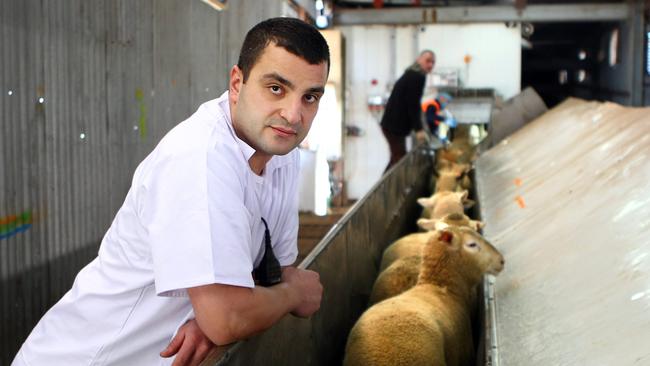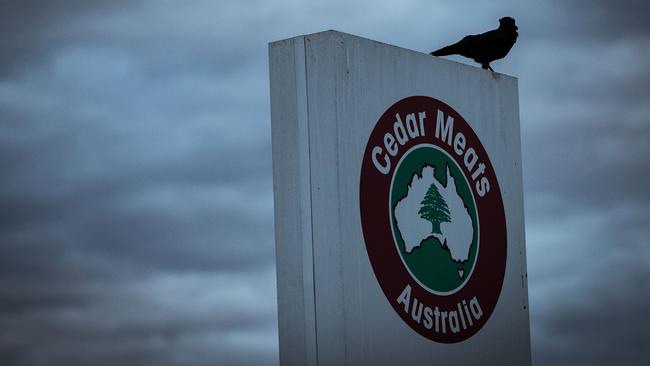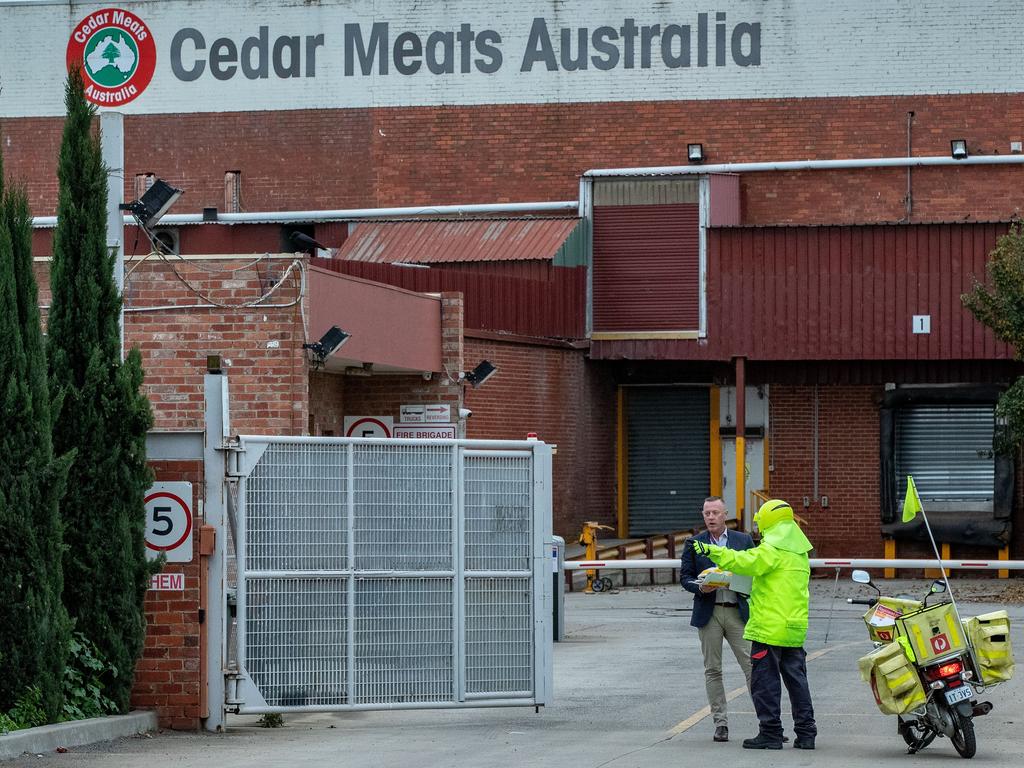Coronavirus: Local doctors ‘kept in dark on virus’
The Victorian health department failed to engage local doctors in communities with high case numbers, an inquiry has heard.

Victoria was on “poor footing” when the second wave struck and the health department failed to engage local doctors in communities with high case numbers, an inquiry has heard.
Former president of the Australian Medical Association Mukesh Haikerwal said he doubted any jurisdiction in the nation could have managed the resurgence of cases in the state.
He told a parliamentary inquiry scrutinising the state’s contact tracing unit on Wednesday that the initial handling of the crisis was worsened by cuts to public health. “It was very fast when this happened, it was a very large number [and] I don’t think any jurisdiction in the country would have managed it … full stop,” he said.
“We were probably on a poorer footing because the public health clout had been cut to a very basic level and we’ve now grown it.”
Dr Haikerwal said the Department of Health and Human Services needed to stop paying “lip service” and listen to the concerns of general practitioners, who were well positioned to assist in outbreak management in local communities. “The role of general practice needs to get carried within the higher echelons of DHHS so they actually can carry out the suggestions that come from that group,” he said.
He said there had been “zero communication” from DHHS when outbreaks occurred near his Altona North practice, and he banded together with other GPs in his community to fight the pandemic. “Nobody’s been told about anything ever, so in my area I didn’t know the school had a problem,” he said. “I didn’t know that not even a kilometre away the abattoir had a problem.”
Cedar Meats in the west Melbourne suburb of Brooklyn saw the largest outbreak during Victoria’s first wave, with 111 cases linked to the cluster. Owner Tony Kairouz told the inquiry he had not been alerted to the fact that a worker had tested positive as early as April 2, despite DHHS publicly confirming the positive case that preceded the detection of the outbreak by several weeks.
“I know as much about that April 2nd case as what you do, and I’ve only heard that through media reports,” he said.
Mr Kairouz said he learnt of the outbreak on April 27 after a worker was hospitalised after severing his thumb on April 24.
Before the meatworks was closed for deep cleaning, Mr Kairouz said he pushed for a pop-up testing clinic to be established onsite but DHHS wasn’t able to deliver.
“We knew how difficult it would be to communicate with 350 people of such diverse backgrounds … Testing them onsite would have ensured a more controlled environment to capture and control the outbreak.”
More Coverage









To join the conversation, please log in. Don't have an account? Register
Join the conversation, you are commenting as Logout